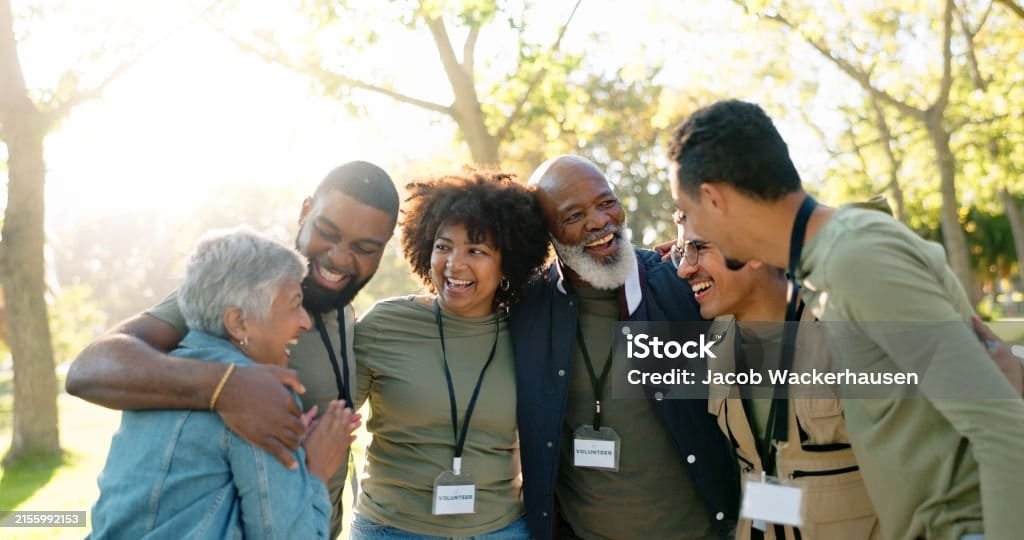
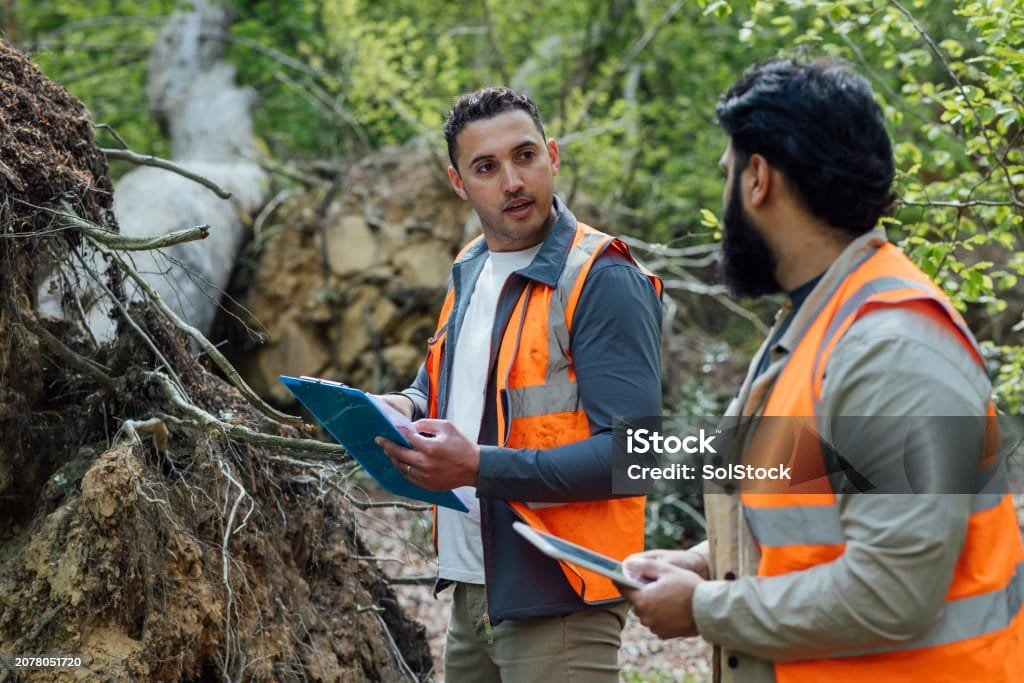
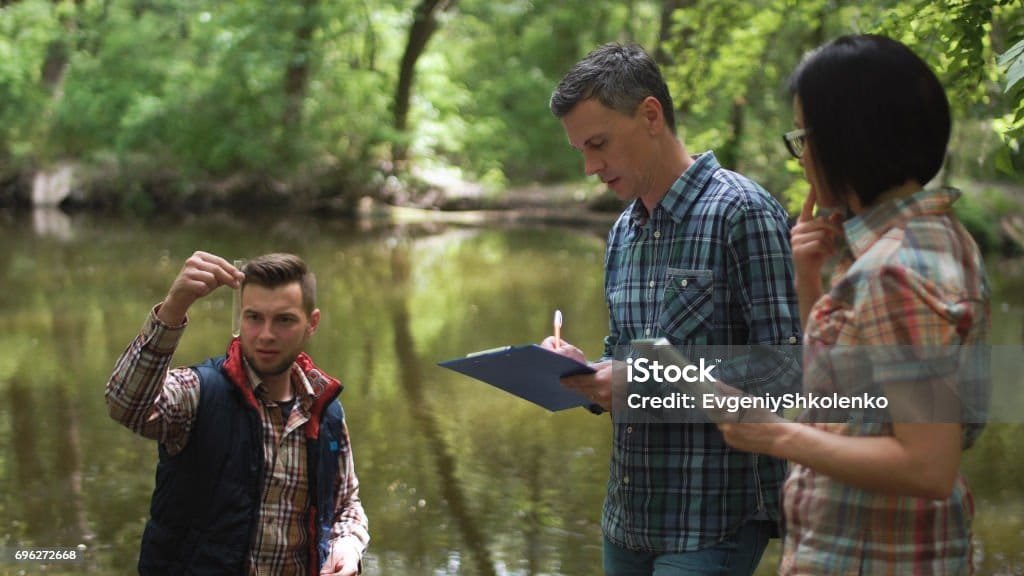
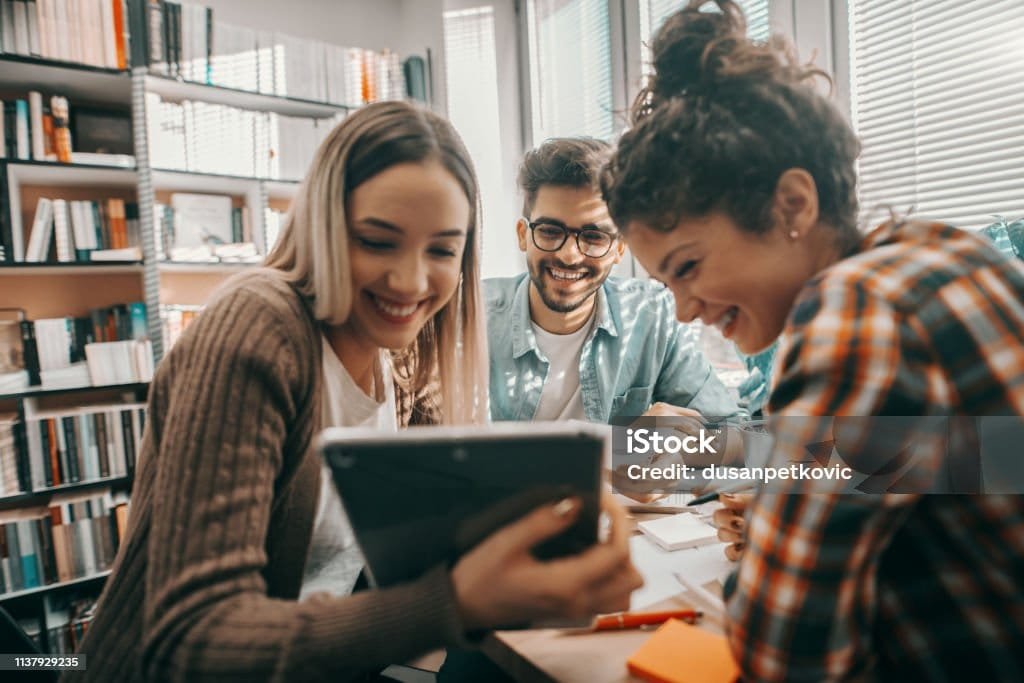

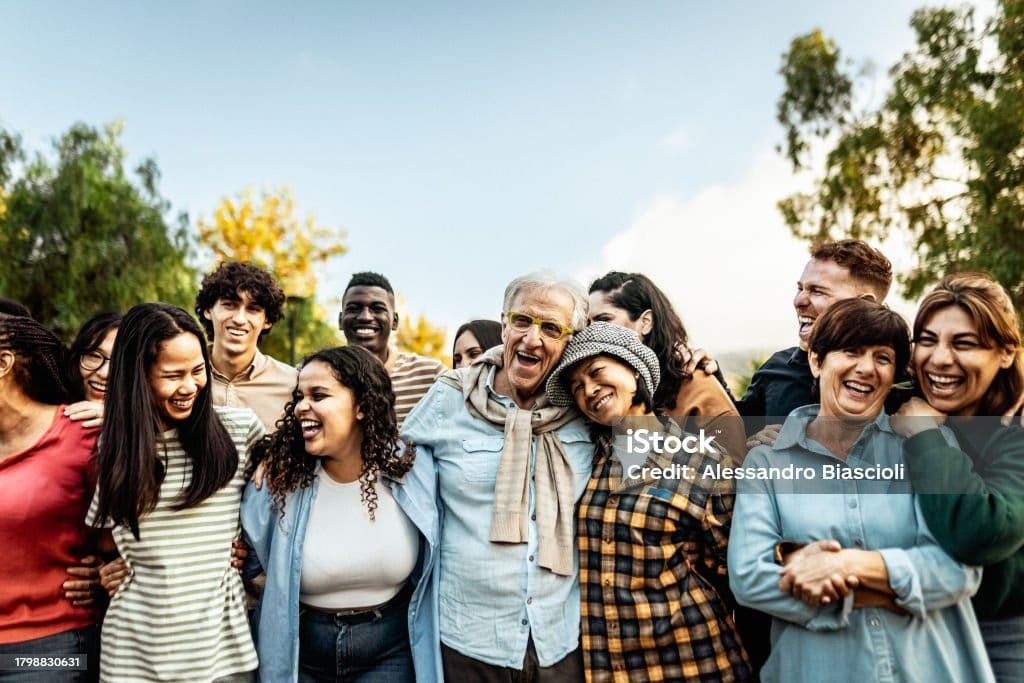

The people who are from and living in the communities experiencing environmental health inequities must be defining the problems and shaping the solutions.
![IMG 2150[1]](https://scican.org/wp-content/uploads/2024/05/IMG_21501-768x576.jpg)
Community members know their environments – the challenges, strengths, and types of solutions that work best for them. Lived experience comes from collecting observations and putting them in context just like other ways of knowing. It is a validated way of knowledge acquisition, and provides critical data that cannot be ignored. It is an immensely powerful source of knowledge and the search for solutions to pressing problems alongside scientific research, and must be recognized as such. Lived experience shapes analysis of impacts and effects. Lived experience is present in all of our science, analysis, research, publications, and media.
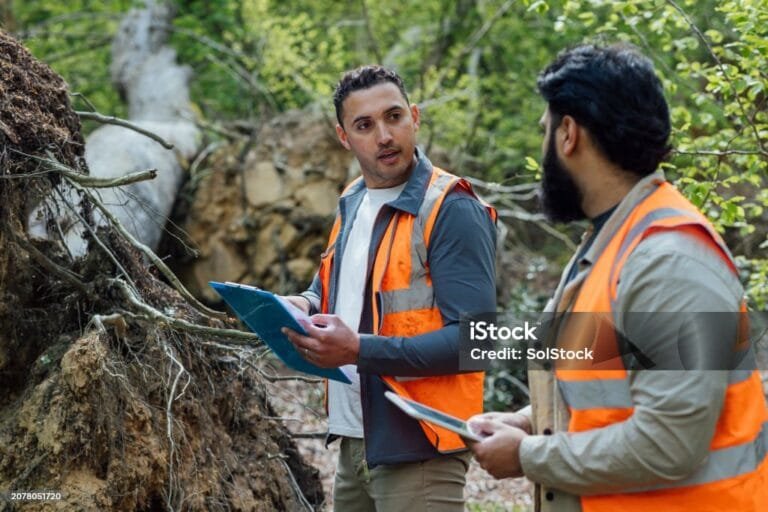
Impacted communities deserve issue area experts that support their efforts for change, we do not need more studies that sit in an academic publication (often behind a paywall), or policies that benefit the already privileged few. The work we and our partners do is with purpose – to support EJ campaigns led by those most impacted.
![IMG 9654[1]](https://scican.org/wp-content/uploads/2024/05/IMG_96541-768x576.jpg)
Our collective movement strength comes from the depth of our relationships with each other; trust is earned and oftentimes comes from having the hardest conversations and through navigating challenges. We are committed to having hard conversations, inviting and offering critical feedback, and adjusting our methods and practices.

Our intentions are to support community first. We ensure that community members/organizations are funded in a way that honors lived experience and with an eye towards building local leadership and capacity. Our intentions are to ensure that funding for EJ is implemented by and for community first. Scholarly exercises are simply a tool which we will use to support fenceline communities – not the other way around.
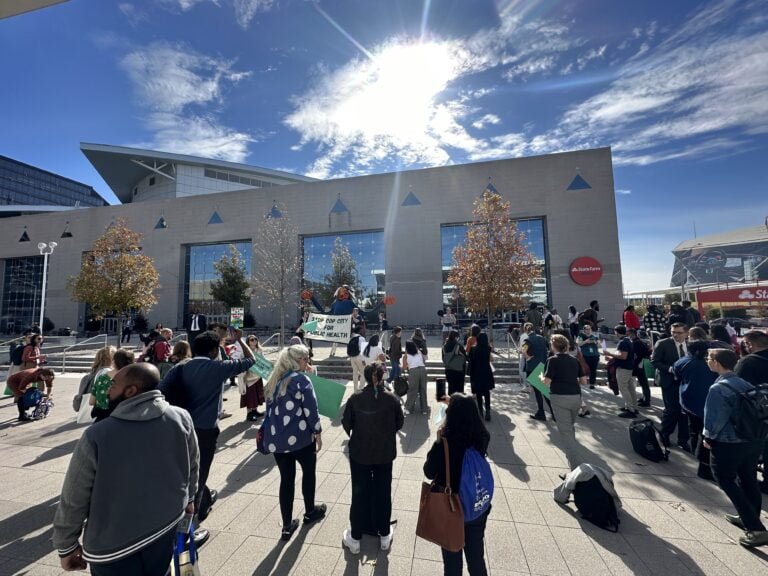
Whenever we are hosting or at an event or discussing something that is about a specific community, members of that community must be present.
Without explicit consideration of justice and equity science can, and has too often, created and perpetuated harm in communities of color, Indigenous, low-income, rural, immigrant and migrant communities. Issue area experts have an opportunity to advance fights for justice, but only when they are listening to and valuing lived experience, and developing information in service of change. Science and science-based policies provide opportunities to identify problems and craft solutions along with lived experience and indigenous or traditional knowledge. SciCAN focuses only on conducting, supporting, and replicating justice-based science.
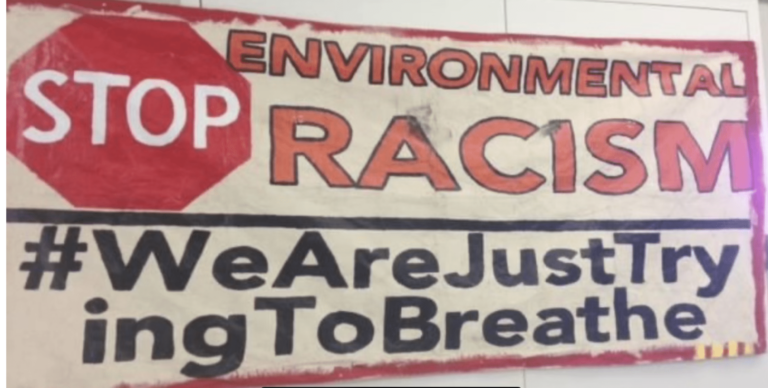
We seek to upend the root causes of inequities by tackling marginalization, oppression, and power imbalances. SciCAN rejects JEDI just for the sake of checking boxes and keeping power structures in place that continue to harm our overburdened communities. We work only with those that are aligned in values, and we call out and disrupt when we see otherwise.
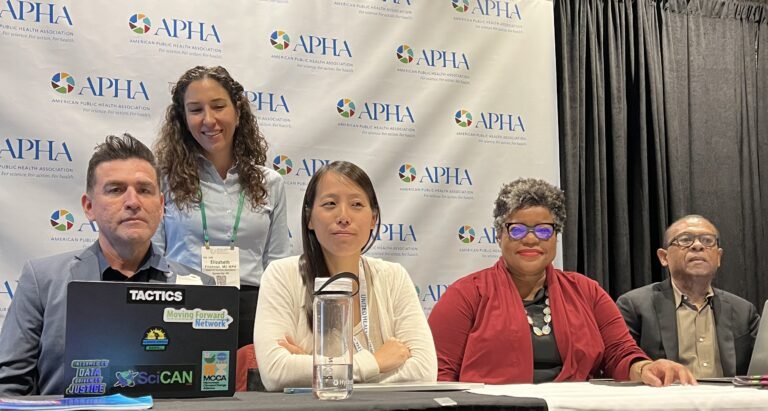
Our relationships must be structured so that power imbalance and inequities are taken into account from the beginning. We ensure this by defining relationship roles and expectations in advance, developing agreements, and compensating people for their time.
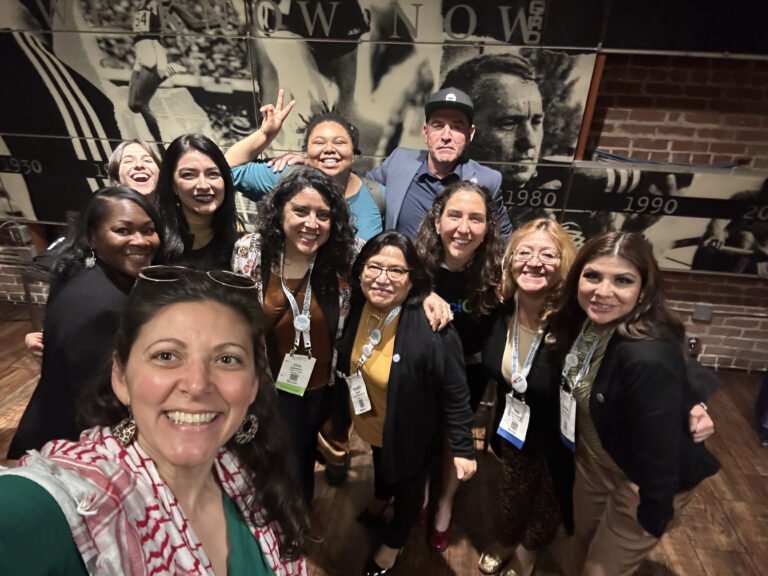
All of our fights for justice are interconnected, and we work in solidarity with all oppressed people everywhere. Whenever asked and is feasible, we will show up and contribute to our partners efforts, and we will not shut down conversations that don’t fit in a predetermined box.